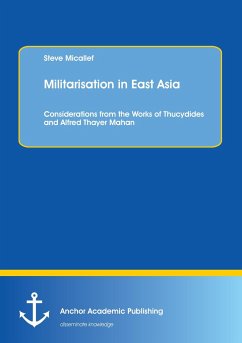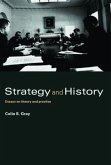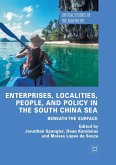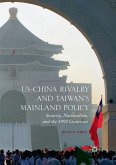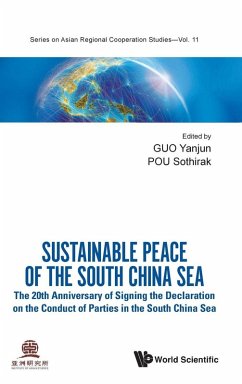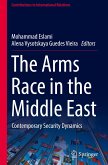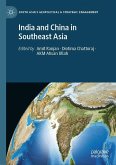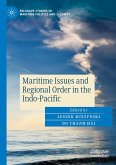"I believe China seeks hegemony in East Asia. Simple as that." Such were the words Admiral Harry Harris Commander U.S. Pacific Command (PACOM) used to describe Chinese actions in East Asia. After two decades of effort towards modernization, it seems that the People's Liberation Army Navy (PLAN) is in a position to challenge US primacy in East Asia. The PLAN has developed both in terms of capability and strategy through its emphasis on Anti-Access/Area Denial (A2/AD) and blue-water forces, embracing Alfred Thayer Mahan's ideas on access and sea control. What we are witnessing in China is a shift in thinking: from a continental viewpoint to a maritime one.
After a decade of wars in the Middle East, the US has been taken by surprise. Today it looks at China's naval build-up as threatening. The US has taken steps to refocus its attention on East Asia and meet the challenge of a contested sea. The dynamics of the Sino-American relation will also be examined through the lens of Thucydides and his ideas of great power.
This study discusses Mahan's and Thucydides' influence on Chinese and American ways of thinking and whether it will impact the future trajectory of the Sino-American relationship. The main developments in capability and strategy on both sides will also be examined.
After a decade of wars in the Middle East, the US has been taken by surprise. Today it looks at China's naval build-up as threatening. The US has taken steps to refocus its attention on East Asia and meet the challenge of a contested sea. The dynamics of the Sino-American relation will also be examined through the lens of Thucydides and his ideas of great power.
This study discusses Mahan's and Thucydides' influence on Chinese and American ways of thinking and whether it will impact the future trajectory of the Sino-American relationship. The main developments in capability and strategy on both sides will also be examined.

